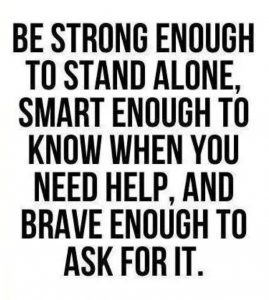Teenage Depression
What is Teenage Depression?
Teenage depression is surprisingly common on the teen journey. In surveys of high school students conducted across the United States in 2017 approximately 32% of students said they felt so sad or hopeless at some point that they stopped doing some of their usual activities for more than two weeks in a row. In other words, they suffered from depression.
Why is Teenage Depression So Common?
The teen heroic journey is a tough 10-year journey and it’s a rollercoaster experience with lots of ups and downs. Everyone experiences those ups and downs. That’s normal and natural. Everyone is sad at times. Sometimes, however the “downs” can take you pretty far down and they can sometimes last a long time. That’s different. That’s teenage depression.
Teenage depression is not an indication that you are inadequate or a failure or that you don’t have the qualities to be successful in life. It’s much more an indication of how tough the teen journey can be – and it can be managed.
Think About it
On your journey you have to let go of the old ways of being a dependent child and discover and master the new ways of independent young adulthood. And you have to deal with the “inbetweenity” experienced between the old and the new. That’s tough. But it’s also how you become a young adult.
You Face Three Core Challenges & Tests on 5 Levels
You have to form your identity as a young adult (“Who am I?”); you have to develop new and more mature relationships (with peers, parents and romantic partners); and you have to build a wide array of competencies to succeed as a young adult. Tough challenges.
On the journey you will naturally be tested and grow physically, intellectually, emotionally, socially and spiritually. Different parts of the journey will test you on different levels and these tests are how you grow and develop. But it can be a rollercoaster of an experience for ten years.
It’s a Rollercoaster Experience
The normal down parts of that rollercoaster ride can include anxiety, fear, sadness, anger, frustration, and sometimes a loss of hope. Depression, however, is more than feeling sad off and on for a few days. And it’s not unusual for the down parts of the rollercoaster ride to sometimes include depression.
Teenage depression is an intense feeling of sadness that lasts much longer and it affects your feelings, thoughts, behaviors and your physical and social well-being. It can cause a lack of focus and energy that make it hard to function normally and engage in your normal activities. Depression can, at times, make it feel like it is hard to enjoy life or even get through the day. It seems like the “up” times will never come again.

What are the Signs and Symptoms of Teenage Depression?
Remember that these signs and symptoms of teenage depression must last more than a week or two. There are a number of behaviors that are signs or symptoms of teenage depression.
Behaviors. Behaviors that are signs and symptoms of teenage behavior range can range from social isolation, withdrawing from normal activities, and decreasing school performance to changes in eating or sleeping habits and self-harm.
Thoughts and Feelings. Thoughts and feelings indicating depression can range from sadness and hopelessness to low self-esteem or interest in others.
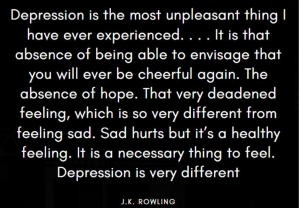
Four Key Points About Teenage Depression
#1 Teenage depression isn’t a weakness or something that can be overcome with just willpower. Depression is not a sign of weakness or a character flaw. Well-meaning friends or family members may try to tell you to “just snap out of it” or “stay positive”, but it’s not possible to just snap out of depression.
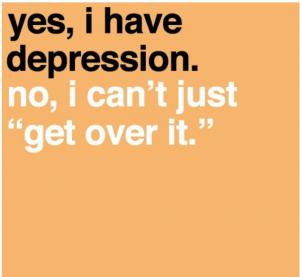
#2 Teenage depression is a medical illness with strong psychological and social components. Depression is caused by a combination of biological, psychological and social factors, which means that it can be tough to deal with and recovery is neither easy nor quick. But it certainly is not impossible and it is worth the effort and perseverance.
#3 Most people with teenage depression need help and treatment to get better. The good news is that, for most teenagers, depression symptoms ease with treatment such as psychological counseling and often medication. Support from others and actions that you can take on your own also make a major difference. But, except for mild depression, professional help is necessary to really “get in the game” and defeat depression.
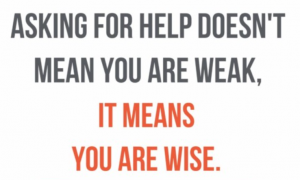
#4 The process of recovering from teenage depression can build a number of critical qualities and capabilities that prepare you for success as a young adult. It’s actually a pretty impressive list: courage, perseverance, resilience, creative problem-solving, self-awareness and awareness of others, self-care, the ability to rely on others in appropriate ways, the ability to push past barriers and the ability to develop healthy habits.
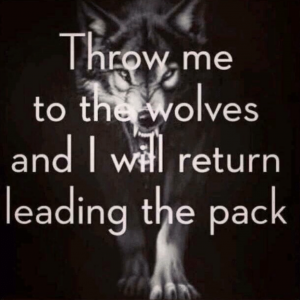
How to Help with Teenage Depression
What You Can do for Yourself
If you think that you might be depressed (or if you have a friend that might be depressed) – act. You might not feel like acting (because you’re depressed), so just do it. Be the author of your experience and get help. Don’t wait because there is no reason to suffer needlessly and one of the keys to being successful in life is getting help when you need it. There are things you can do for yourself, but it’s even more important for you to get help from others, particularly professional health. Not everyone feels confident helping with depression, so to “help others help you” you can bring them to the site to provide some common ground and guidance.
The good news is that a large majority of teenagers who seek professional help for teenage depression find success. Professional help usually comes through counseling/therapy or through a combination of counseling/therapy and medications (which are safe). The key is to find the counselor/therapist that is a good fit for you and the right medication in the right dose if you add that to your management of your depression.
How to Help with Teenage Depression
What Others Can do for You
Others can simply be with you and listen to what you are experiencing. They can also encourage you to act and get back to activities that used to be pleasurable or find new activities (even if you don’t feel like it?. Others can do some of those activities with you. They can also encourage you to get the right professional help – the professional help that fits you – and to stick with it when you get discouraged or just tired of the effort.
Professionals can help with teenage depression in a lot of ways. That can range from getting a clear picture of what you are experiencing and why (diagnosis) to figuring out the right type of “talk therapy” and the right type and dosage of medications.
Note. Don’t be afraid of “medications.” Part of depression is chemical and that’s what the medications deal with. That can feel like having a heavy weight lifted off you so you can get back in the game.
